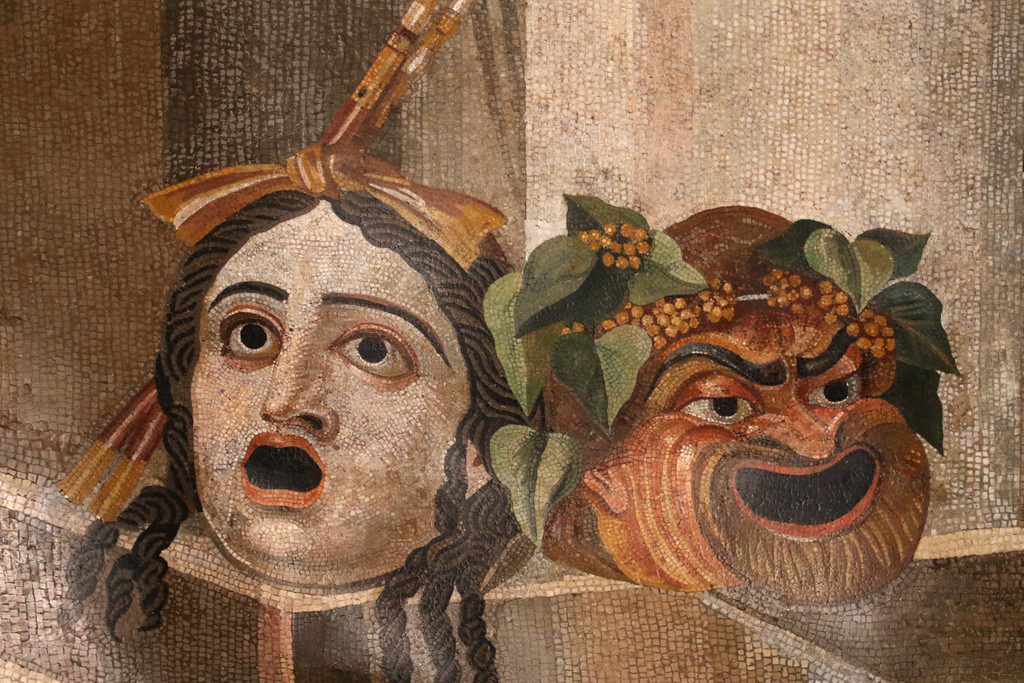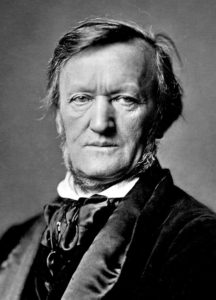16 settembre 1977
Maria Callas, la Divina, non è stata soltanto una cantante: era un’anima intrappolata tra il mondo mortale e quello dell’eterno, capace di far vibrare il cuore umano come se fosse parte di un’orchestra d’archi invisibile. La sua voce è stata un paesaggio vasto e sconfinato di emozioni: talvolta ruvido, altre volte dolce, sempre intenso. Ogni sua interpretazione sembrava un rito antico, un sacrificio d’amore che consumava l’artista e l’ascoltatore in un unico abbraccio di dolore e bellezza.
Nata nel 1923, a New York, da genitori greci, era destinata fin dalla nascita a un cammino solitario, fatto di gloria e tormento. Come una fenice, rinacque dall’anonimato per brillare nei più grandi teatri del mondo, ma dietro quel fulgore si nascondeva sempre un’ombra, un’irrequietezza che l’ha accompagnata fino alla fine. La sua carriera è stata una parabola splendente eppure straziata, un continuo oscillare tra il trionfo e la caduta.
Con il suo talento senza pari, Maria Callas ha ridefinito l’opera. La sua capacità di coniugare una tecnica vocale impeccabile con una profondità interpretativa disarmante l’ha rese unica. Quando interpretava ruoli come Norma, Tosca o Violetta, non era più solo una cantante: lei era il personaggio. Ogni gesto, ogni sguardo, ogni nota erano immersi in un’autenticità così dolorosa che gli spettatori si ritrovavano a vivere, a soffrire, a morire insieme a lei.
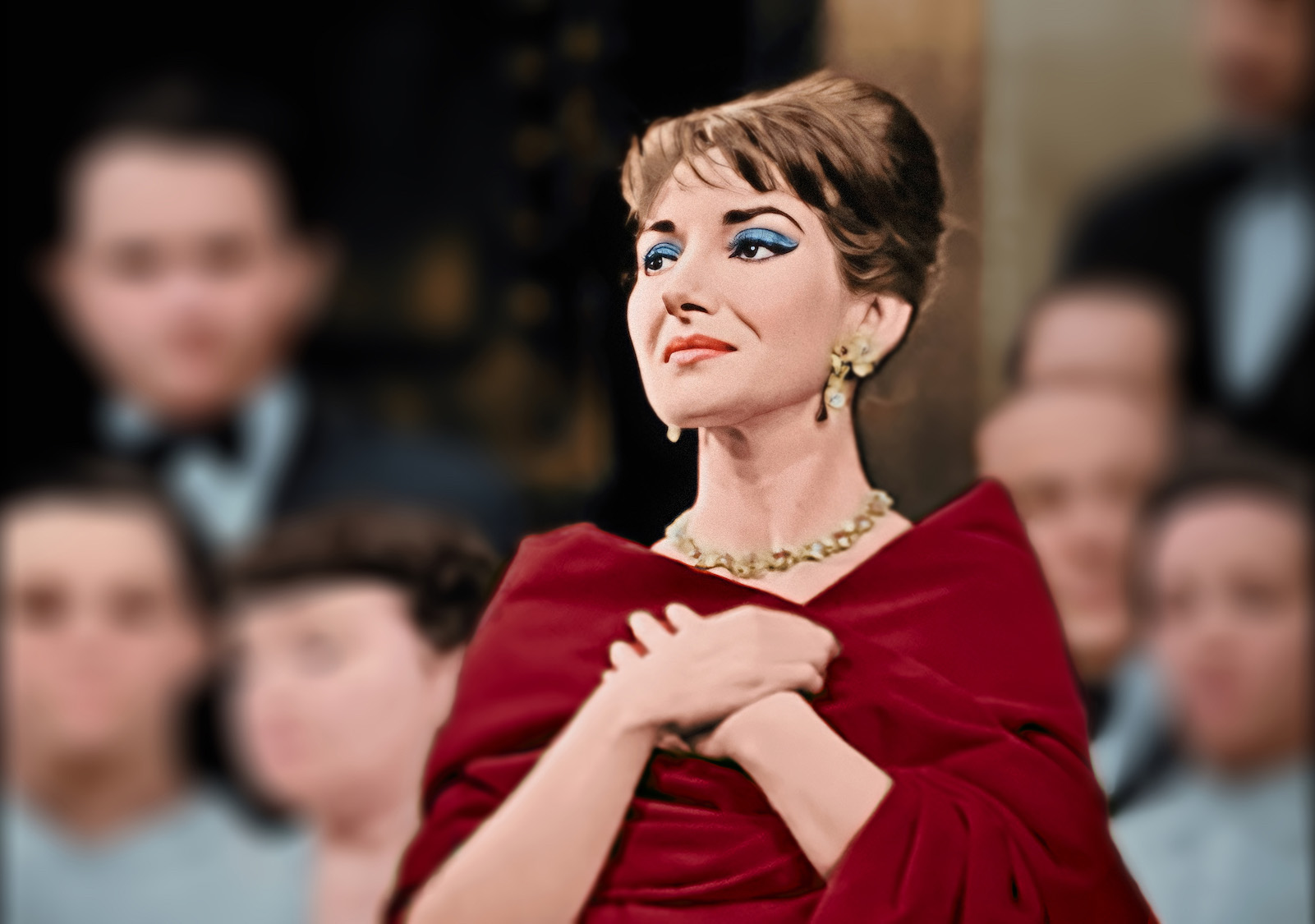
Non era perfetta, Maria. La sua voce, a tratti aspra, quasi spezzata, era spesso criticata. Ma è proprio questa imperfezione a renderla immortale. Era la sua vulnerabilità a fare della sua arte un’esperienza trascendentale. Come il marmo che porta le cicatrici del tempo, la sua voce, segnata dalle ferite della vita, raccontava storie che nessuna tecnica impeccabile avrebbe potuto narrare. Lei stessa era solita dire: “Il mio segreto? Forse la mia infelicità”.
L’infelicità era l’ombra che non l’abbandonava mai. Nonostante il successo, è stata una donna divisa tra il desiderio d’amore e l’inesorabile solitudine che il destino le aveva riservato. La sua tormentata relazione con Aristotele Onassis, l’uomo che le spezzò il cuore, rappresenta un capitolo doloroso, forse il più doloroso, nella sua biografia. Era come se ogni trionfo sul palco fosse pagato con una perdita nella vita reale. Un sacrificio necessario per donare al mondo quella bellezza struggente, quell’arte sublime che solo il dolore poteva alimentare.
Negli ultimi anni, la sua voce iniziò a spegnersi, come una candela consumata dal vento della sua stessa passione. Si ritirò dal palcoscenico, ma il mondo non la dimenticò. Il suo canto continuava – e continua – a risuonare nell’anima di chiunque l’aveva ascoltata, come un’eco che attraversa i secoli, un grido che non si spegnerà mai.
Maria Callas visse e morì come un’opera lirica: tragica, passionale, ineluttabile. La sua arte, intessuta di sacrifici e gloria, dolore e bellezza, è un dono che seguiterà a vivere, come una fiamma eterna, nelle note che volano leggere e nei cuori che battono al suono del suo nome.

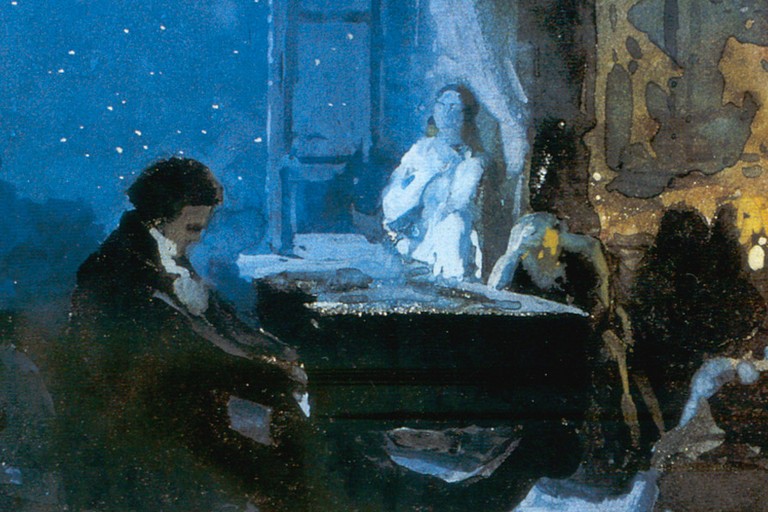
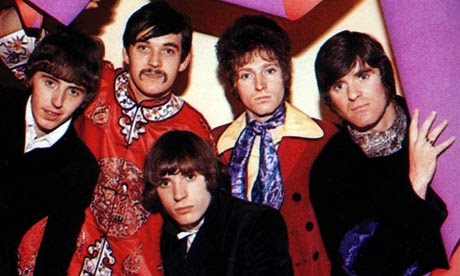

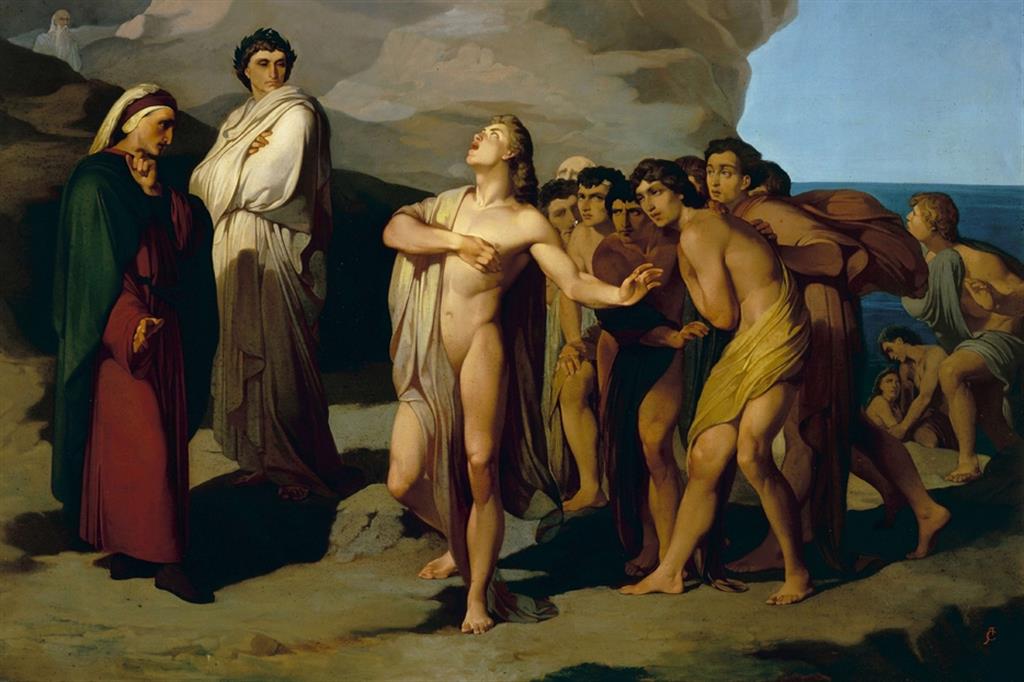
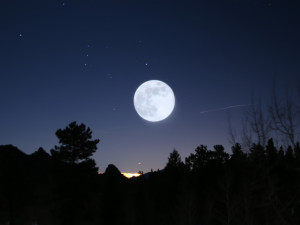

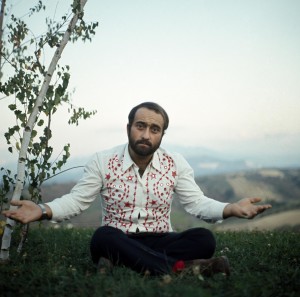
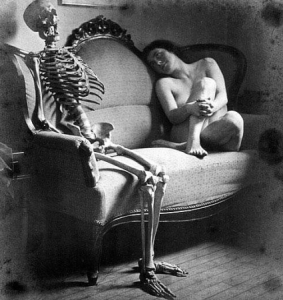


 Nelle spire avvolgenti di La nascita della tragedia (1872), Friedrich Nietzsche intreccia un manifesto di visioni estatiche e riflessioni profonde, dove filosofia e letteratura danzano in un abbraccio inestricabile. Il testo, opera prima di un giovane Nietzsche ancora influenzato dall’ellissi di Schopenhauer e dal dramma musicale di Wagner, si configura come una meditazione ardente sulla musica, sulla tragedia greca e sulla capacità dell’arte di svelare e, allo stesso tempo, velare la crudele verità dell’esistenza.
Nelle spire avvolgenti di La nascita della tragedia (1872), Friedrich Nietzsche intreccia un manifesto di visioni estatiche e riflessioni profonde, dove filosofia e letteratura danzano in un abbraccio inestricabile. Il testo, opera prima di un giovane Nietzsche ancora influenzato dall’ellissi di Schopenhauer e dal dramma musicale di Wagner, si configura come una meditazione ardente sulla musica, sulla tragedia greca e sulla capacità dell’arte di svelare e, allo stesso tempo, velare la crudele verità dell’esistenza.